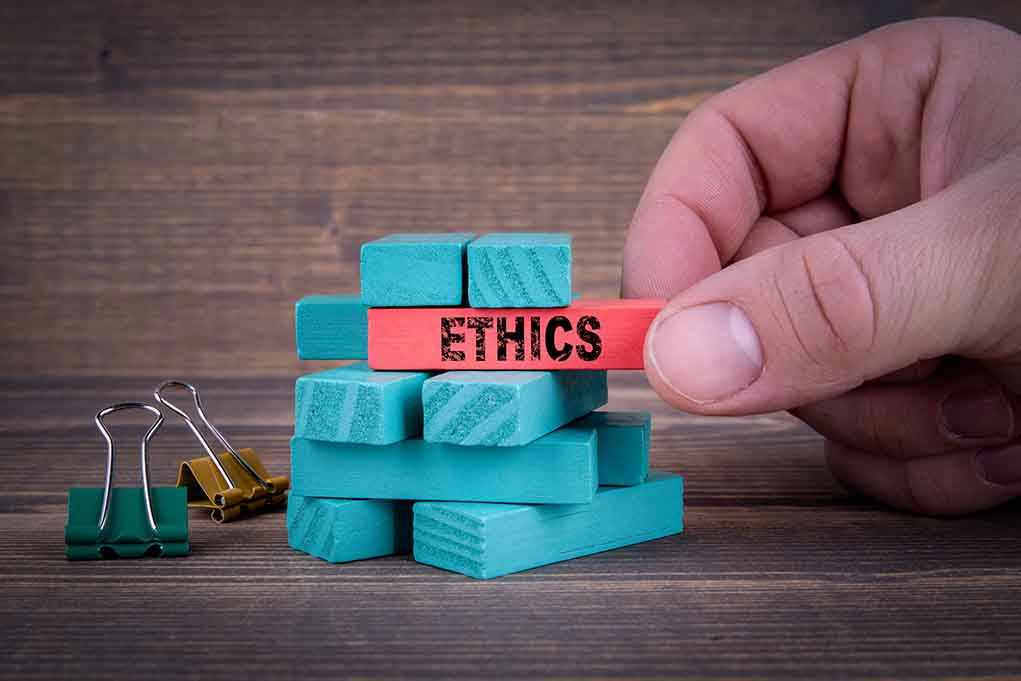
The House Ethics Committee just exposed Alexandria Ocasio-Cortez for breaking rules with improper gifts at the Met Gala, and yet again, the political elite skate by with nothing more than a slap on the wrist—leaving Americans wondering what rules, if any, actually apply to the left’s darlings.
At a Glance
- House Ethics Committee found AOC violated House rules by taking improper gifts at the 2021 Met Gala
- She must repay thousands for underpaid apparel, services, and her partner’s meal—but faces no further punishment
- Investigation highlights ongoing double standards and blurred lines between political messaging and personal benefit
- Case sets a precedent for how ethics rules are applied to high-profile events and celebrity politicians
House Ethics Committee Finds AOC Broke Rules at the Met Gala
The House Ethics Committee concluded Representative Alexandria Ocasio-Cortez of New York broke House rules by accepting improper gifts tied to her notorious 2021 Met Gala appearance. The Committee’s report, released July 26, 2025, details how AOC received free admission for herself and her partner, Riley Roberts, and failed to pay full price for her custom “Tax the Rich” dress, accessories, and associated styling services. Instead of facing any real penalty, she’s been ordered to cough up a few thousand dollars and the matter will be closed—provided she pays up, of course.
Let’s not forget: the Met Gala is a glitzy, exclusive event where tickets reportedly start at $30,000 a pop. House rules ban members from accepting gifts over a certain value unless specific narrow exceptions apply. According to the Committee, the Met Gala’s invitation-only nature blew up any possible loophole, and AOC’s attempt to justify it as a charity event didn’t pass muster. The bottom line: she broke the rules, but—surprise, surprise—she isn’t being held to the standard everyday Americans would face.
Committee Orders Payments—No Real Consequences
The Committee’s investigation dragged on for years, reviewing emails, payments, and communications between AOC’s staff, Brother Vellies (the designer behind the “Tax the Rich” dress), and Vogue Magazine, who issued the invitations. In the end, the Committee required AOC to pay an additional $2,733.28 to Brother Vellies and make a $250 donation to cover her partner’s meal. That’s it. No formal sanctions, no suspension, no expulsion, and certainly no criminal charges. The Committee even acknowledged she made “efforts to comply,” as if that erases the fact she had more than enough staff and legal help to figure out the rules from the start.
This isn’t just about a dress or a fancy dinner. This is about the ongoing erosion of trust in our institutions when high-profile progressives get caught red-handed but suffer only the mildest consequences. Americans are fed up watching politicians break the rules, hide behind their staff, and then claim ignorance or “good faith” as an excuse. For a Member of Congress who loves to lecture about fairness and privilege, this episode reeks of hypocrisy.
Political Messaging, Celebrity Privilege, and the Ethics Double Standard
AOC’s “Tax the Rich” dress instantly became a media spectacle—ironically, worn at an event filled with billionaires and Hollywood elites. The House Ethics Committee’s report sheds light on how her staff and the event’s organizers blurred the lines between political theater and personal benefit. AOC and her crew argued that their intent was political, not personal, but that didn’t stop her from enjoying perks the average American could never dream of.
The Committee’s findings set a precedent for future cases, underscoring how House rules struggle to keep up with the celebrity culture that figures like AOC embrace. Ethics experts and legal scholars agree: the case highlights the complexity of congressional gift rules but also exposes how easily those complexities are exploited when you’re part of the “in” crowd. Supporters claim she tried to comply and there was no willful misconduct. Critics, on the other hand, see this as yet another example of the privileged elite twisting rules for their own gain.
Ethics, Accountability, and the American Public’s Frustration
This investigation has left a sour taste for millions of Americans who expect public officials to be held accountable—especially those who build their brand on “fighting for the people.” The Ethics Committee’s ruling demonstrates that when it comes to political celebrities, the system bends over backwards to avoid real consequences. The case will no doubt fuel further debate over whether ethics rules can ever keep up with a Congress that increasingly blurs the line between public service and personal branding.
While AOC’s office says she’ll pay what’s owed and the Committee seems happy to move on, the message to the American people is clear: If you’re in the political elite, the rules are more like suggestions. For everyone else, expect the book to be thrown at you.




